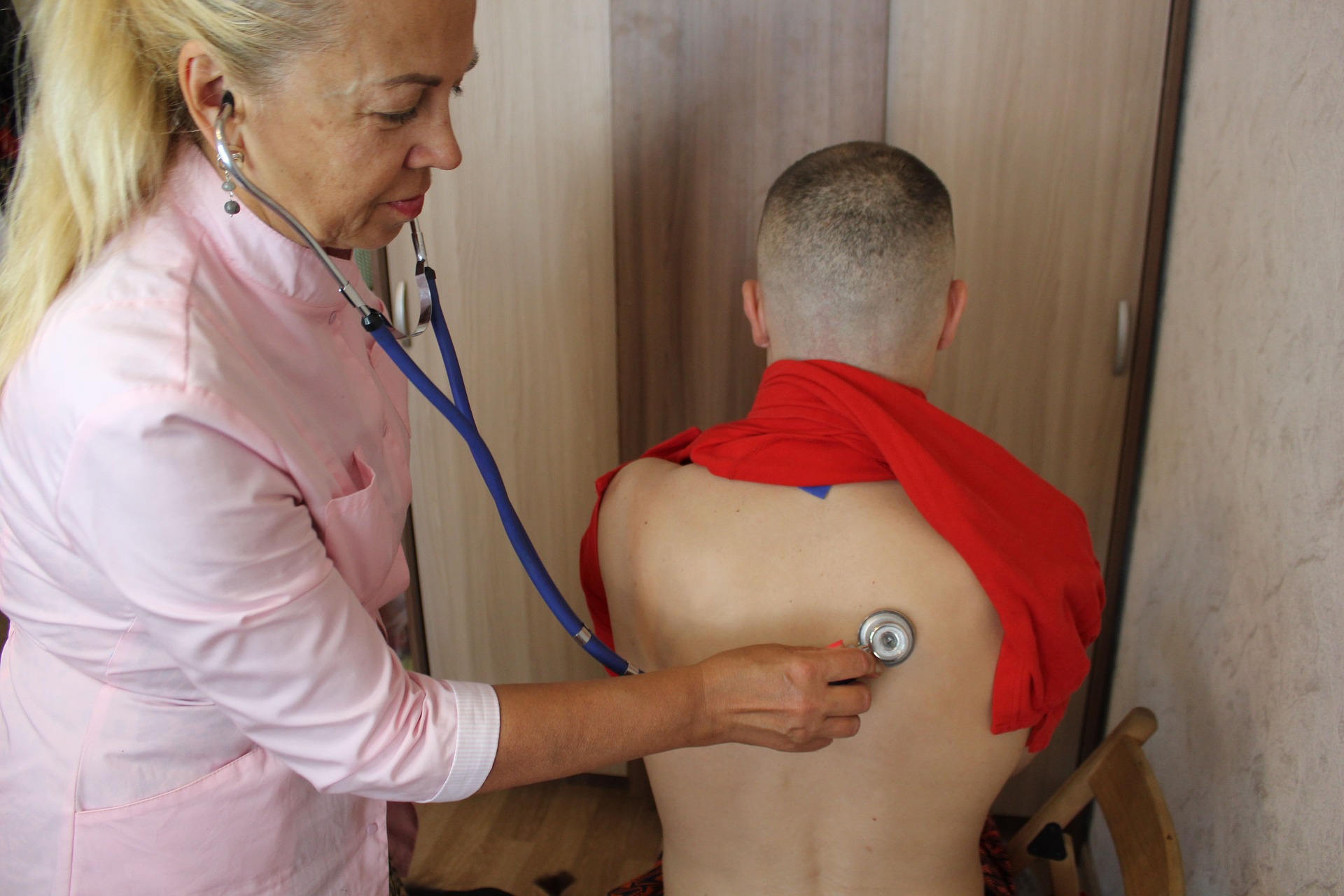All communication must be clear and concise when providing medical services to patients. This is especially true for those who are Deaf or Hard of Hearing. In order to ensure that all patients have access to quality health care, many clinics now use sign language interpreters. If you are a clinic owner or manager, it is crucial to understand the role of the Sign Language Interpretation for Clinics and what you need to do in order to ensure their success in your clinic.
The Role
The sign language interpreter is responsible for communicating between the Deaf or Hard of Hearing patient and the hearing health care providers. They bridge the gap between these two groups by interpreting spoken language into American Sign Language (ASL) or another form of signed communication, and vice versa. In order to be successful in this role, interpreters must have a strong understanding of both ASL and English. They must also be able to effectively communicate with people from all walks of life, as they will often encounter a variety of patients with different needs.
What You Can Do to Support the Interpreter
You can do several things as a clinic owner or manager to support the sign language interpreter and ensure that your patients receive the best possible care. First, it is crucial to provide the interpreter with as much information about the patient as possible. This includes everything from the reason for their visit to any special needs or requests they may have. The more prepared the interpreter is, the better they will be able to communicate with the patient and vice versa. Second, you should ensure a clear line of communication between you and the interpreter. This means having regular check-ins to discuss how things are going and address any concerns either of you may have. Lastly, it is important to show appreciation for interpreters’ work. A simple thank you can go a long way in showing them that their efforts are appreciated.
What You Should Remember
While sign language interpretation can be an excellent asset for clinics, it is crucial to keep in mind that there are some limitations. One such limitation is that not all interpreters are certified or have the same level of training. This means that you may need to do your research to find an interpreter that meets your needs. Additionally, sign language interpretation can be expensive and may not be covered by insurance. As such, it is crucial to budget for this service if you plan on using it regularly.
Overall, Sign Language Interpretation for Clinics can be a great way to improve communication with deaf or hard-of-hearing patients. By following the tips above, you can ensure that your clinic is able to take advantage of this resource in the most effective way possible.






